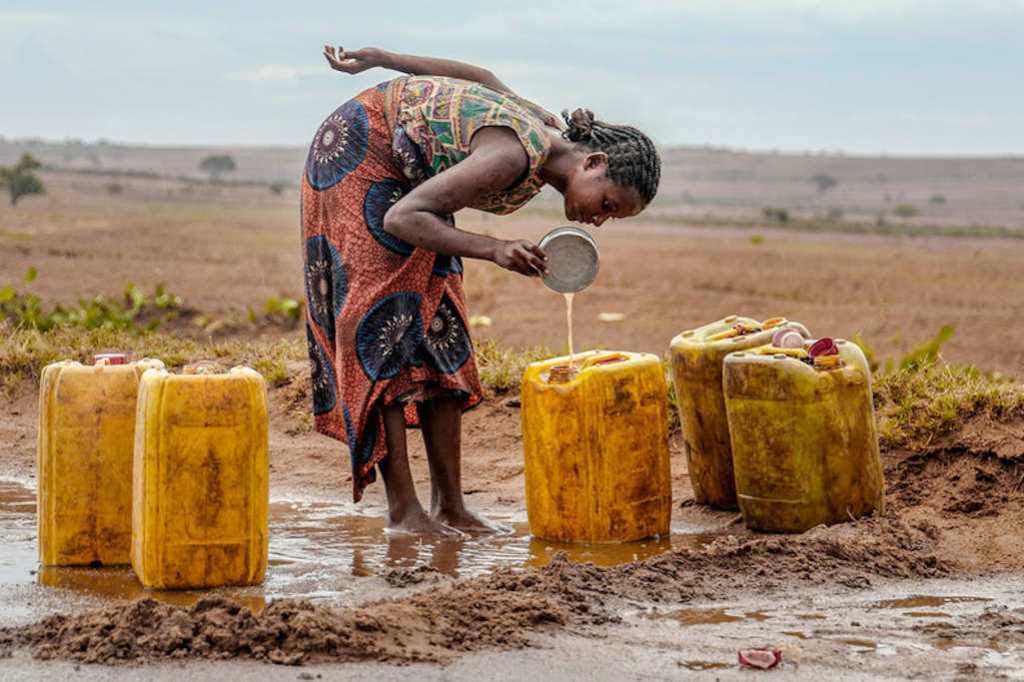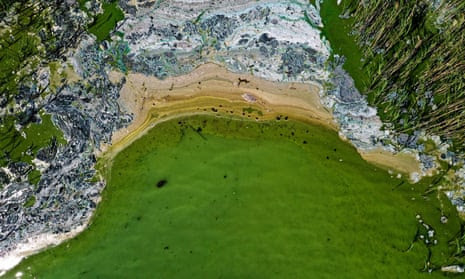
The fight against global warming is becoming the top priority for many governments and international bodies, but a disproportionate focus on the advice of climate activists runs the risk of forgetting that destroying the economy won’t make the planet any better.
As Elon Musk reminded us at an energy conference in Oslo, Norway, in August, the world still needs more oil and gas.
Excesses in environmental criteria can lead to economic disasters, as in Sri Lanka’s now bankrupt use of fertilizers, or the Netherlands’ impoverishment of farmers. Other countries are changing paradigms, such as Germany, which has decided to become a political pioneer in the decarbonization of economic cycles, after having been a fossil fuel superpower, particularly coal.
On the other hand, developing countries, whether they are oil and gas states or major consumers of fossil fuels such as India and China, have no intention of replacing their development priorities with those of the developed world, the most obvious example being the construction of the world’s largest indoor ski slope in Dubai.
The priority for these countries remains the fight against poverty and underdevelopment. This doesn’t mean that their leaders are climate skeptics, but they are committed to catching up with the developed world in terms of wealth.
The priority is to get people out of the slums before promoting the construction of ecological housing estates. While 80% of the world’s population doesn’t know what air travel is, and in some countries less than one person in twenty owns a car, leaders in developed countries, like Pedro Sanchez in Spain, are asking their fellow citizens not to use air conditioning above 27˚C and to stop wearing ties to save energy.
These are the same politicians who sometimes implement energy-saving measures while continuing to travel by private jet. Lebanese-American scientist Nassim Nicholas Taleb describes bureaucracy as a construct by which a person is conveniently separated from the consequences of his or her actions or considers that the curse of modernity is to be increasingly populated by a mass of people who are better at explaining than at understanding, or better at explaining than at doing.
SOS Children’s Villages reports that two-thirds of India’s population live on less than two dollars a day, twice the population of the European Union. Similarly, in China, a quarter of the population still lives in poverty on an average net rural wage of 5.5 euros a day. For these populations and their leaders, climate change is almost certainly not on the list of priorities.
In the report “Shockwaves: mastering the impacts of climate change on poverty” published in 2015, Stéphane Hallegate, author of the report and senior economist at the World Bank, points out that poor populations could become even poorer as a result of climate change.
While today around 700 million people live below the extreme poverty line of $1.90 per capita per day, the report shows that a further 100 million could exceed this threshold by 2030 as a result of climate change alone if nothing is done to protect the countries concerned.
If economic development is rapid, spread evenly across the population, and measures are taken to protect the population from global warming, the countries concerned will succeed in avoiding an increase in poverty.
But if economic development is too slow and poverty is not sufficiently reduced, then climate change will make matters worse. This is due to the large number of poor people living in hot tropical zones, where an increase of just a few degrees can have dramatic consequences.
These populations lack the resources to protect themselves against climatic phenomena and, to make matters worse, live in precarious housing. According to the report, 40% of the increase in poverty linked to climate change will affect people living in sub-Saharan Africa, and 50% in South Asia.
The report identified three factors of vulnerability that prevent people from escaping poverty or cause them to fall back into it. These are agricultural shocks, natural disasters and health problems, all of which are set to worsen with climate change. Agriculture in particular is highly sensitive to climate, but it also accounts for most of the income of the poorest people, and 60% of their budget is spent on food.
In Uganda, for example, if it rains 10% less than normal, farmers’ income falls by 20%. In Nigeria, the poorest people are 50% more likely to live in a flood zone and 80% more likely to be affected by a heat wave, while in Colombia the probability of living in a flood zone rises to 120%.
In Kenya, 75% of people who have fallen back into poverty attribute it to an illness or death that led to health costs or loss of income. The frequency of certain diseases is also linked to climate, such as malaria, which could affect an additional 150 million people with 2˚C warming.
The estimates obtained in the report concern a representative sample spread over 92 countries that takes into account sources of income and expenditure up to 2030 and is made on the basis of two scenarios defined by the IPCC, low climate change and high climate change.
To limit the dramatic consequences of climate change, we need to promote development in countries with the poorest populations and introduce sectoral policies targeted at the climate, such as cyclone warning and evacuation systems, or the introduction of a mixture of trees and cereals in the same field to better withstand bad weather.
The social protection system must also become reactive so that it can be rapidly mobilized in the event of a crisis, as in Ethiopia, where financial aid to the poorest automatically increases in the event of drought, or in Rwanda, which has introduced basic health coverage. The usefulness of such a report is to enable the COP21, the Paris Conference of the Parties in 2015, to incorporate poverty reduction objectives.






